Dietrich Spring 2022: A Sample of Some Unique Opportunities
By Kirsten Heuring
Media Inquiries- Dietrich College of Humanities and Social Sciences
- 412-268-9309
Dietrich College is offering a vast array of courses in spring 2022. The review below is a sample of opportunities for students within and outside of the college to expand their skills and explore their interests.
67-285 Across the Universe: From Intelligent Agents to Users
TR 11:50–1:10 p.m.
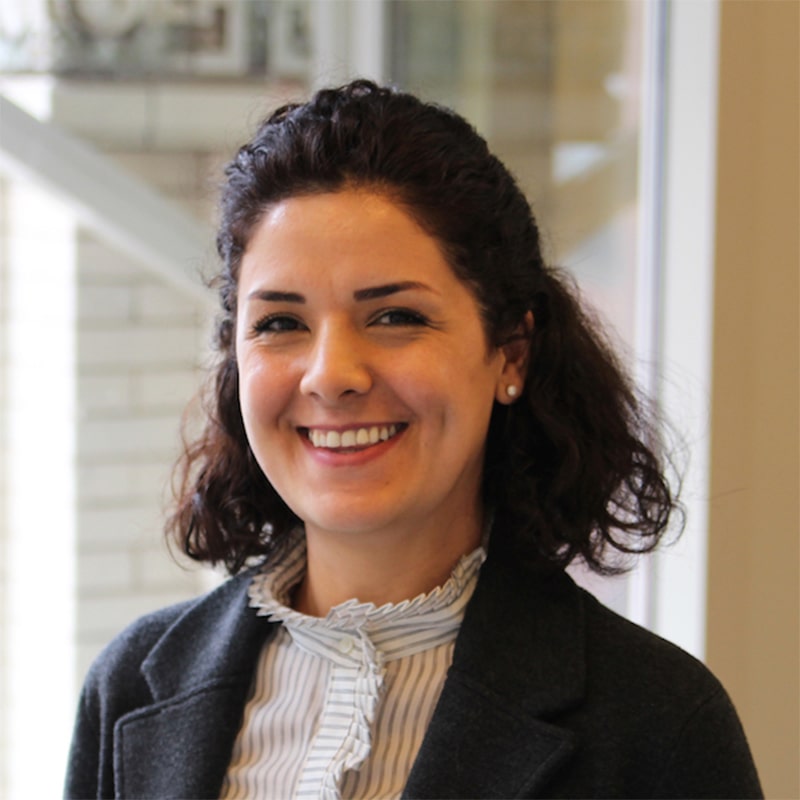 Sara Moussawi, associate teaching professor of information systems, is teaching the course, “Across the Universe: From Intelligent Agents to Users.”
Sara Moussawi, associate teaching professor of information systems, is teaching the course, “Across the Universe: From Intelligent Agents to Users.”
“An intelligent agent is a software system that can perceive the environment, operate autonomously, adapt to change, process and produce natural language and which creates and pursues goals to complete tasks efficiently, in order to assist human users,” said Moussawi.
She used the example of Alexa as an intelligent agent since it assists human users and responds to them.
The course explores intelligent agents' design, usability and user perceptions, like human-ness, trust, privacy, bias, human value and emotions. The class is highly interdisciplinary, involving research from information systems, psychology and artificial intelligence.
“In this course, students of all backgrounds develop their own research skills and create very interesting research questions,” said Moussawi. “I am really excited to help students flourish and pursue their own research agenda in this class and beyond.”
73-348 Behavioral Economics
TR 1:25–2:45 p.m.
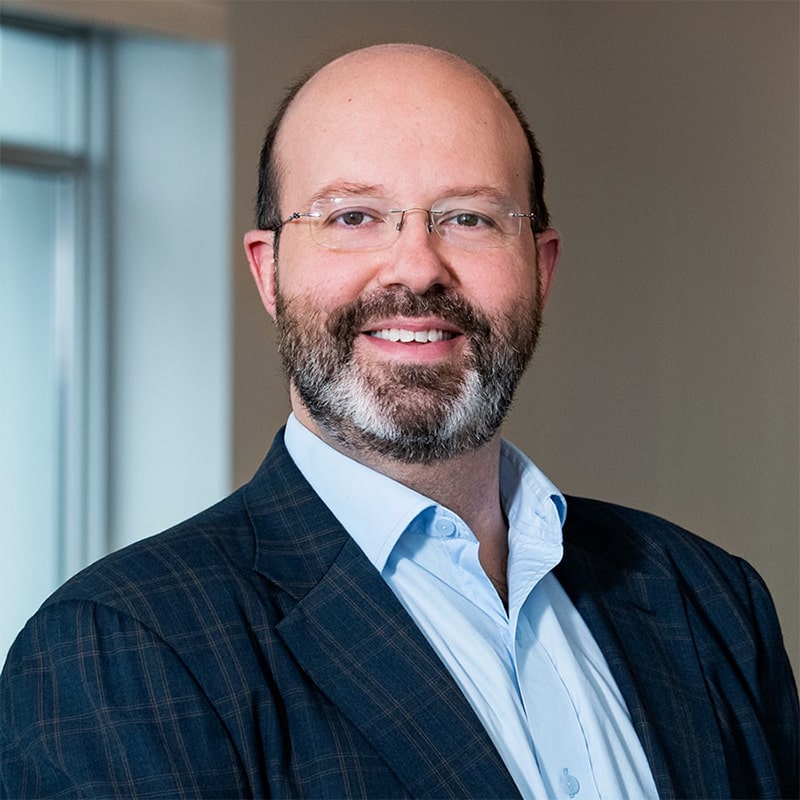 John Gasper, associate teaching professor of economics, is teaching a course called “Behavioral Economics” next semester. The multidisciplinary course brings together concepts in psychology, economics, political science and management to properly analyze heuristics and biases in inference and prediction, risk perceptions, attitudes and the roles of group and emotional processes in decision making.
John Gasper, associate teaching professor of economics, is teaching a course called “Behavioral Economics” next semester. The multidisciplinary course brings together concepts in psychology, economics, political science and management to properly analyze heuristics and biases in inference and prediction, risk perceptions, attitudes and the roles of group and emotional processes in decision making.
Gasper is particularly excited about behavioral game theory and the nudge paradigm, a way to apply the different insights from behavioral economics to address a variety of different policy concerns.
“With behavioral game theory we get to apply behavioral insights to the study of strategic interaction,” said Gasper. “For example, this combination allows us to ask questions about how things such as reciprocity, spite or fairness interact with strategic choices.”
According to Gasper, the way we structure the choice an individual faces can influence what they choose. With the appropriate design, it is possible to nudge people into the preferred policy outcome, like saving more for retirement, wasting less energy and more.
80-101 Dangerous Ideas in Science and Society
MW 1:25–2:15 p.m., F: 1:25-2:15 p.m. or 12:20-1:10 p.m.
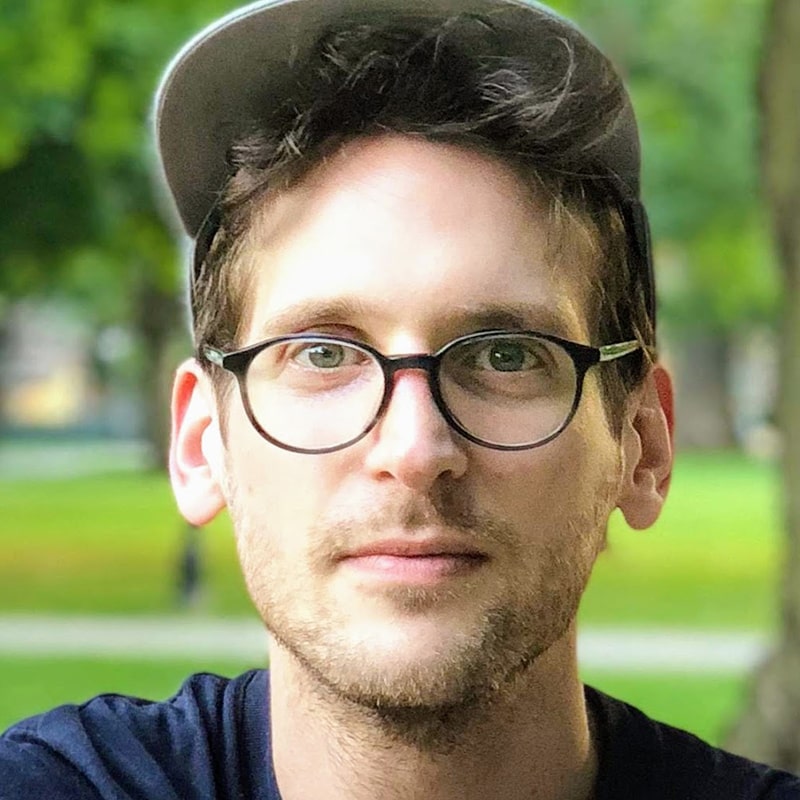 Simon Cullen, assistant teaching professor of philosophy, will offer “Dangerous Ideas in Science and Society.” The course explores ideas that would, for better or worse, radically change people and the world, like is freewill an illusion or can a person become romantically involved with artificial intelligence.
Simon Cullen, assistant teaching professor of philosophy, will offer “Dangerous Ideas in Science and Society.” The course explores ideas that would, for better or worse, radically change people and the world, like is freewill an illusion or can a person become romantically involved with artificial intelligence.
“Providing students with a space where they can discuss topics that are generally very difficult to talk about today is extremely exciting,” said Cullen. “I don't expect that the students will all change their minds, but I do hope that at least they'll hold their own beliefs more rationally because they will know what the other arguments say.”
The course provides flexibility in the grading structure. Students can choose between two assessment options. One is based on writing two essays while the other is based on a series of “argument visualization” problem sets that teach the critical skill of how to logically dissect arguments.
88-312 Decision Models and Games
MW 3:05–4:25 p.m.
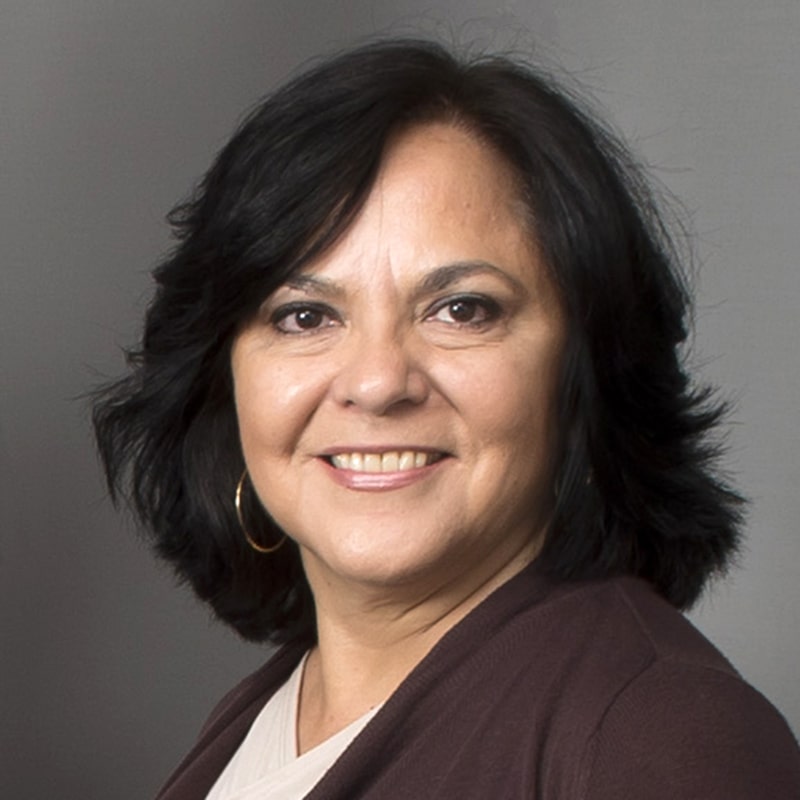 Cleotilde Gonzalez, research professor in social and decision sciences, will teach “Decision Models and Games.” This course will analyze how humans make decisions in changing and uncertain situations by playing games and creating decision models. Games illustrate how humans learn and adapt to changing conditions of choice, and computational models simulate decision processes and environmental dynamics.
Cleotilde Gonzalez, research professor in social and decision sciences, will teach “Decision Models and Games.” This course will analyze how humans make decisions in changing and uncertain situations by playing games and creating decision models. Games illustrate how humans learn and adapt to changing conditions of choice, and computational models simulate decision processes and environmental dynamics.
“No other course at Carnegie Mellon University (and in the world, as far as I know) will offer the student a perspective of human decision making in dynamic environments to learn the essential concepts of modeling and simulation of human decision processes, as this course will,” said Gonzalez. “Students will be able to interpret the behavior of dynamic systems and their essential role on how humans make choices over time.”
Students will explore how models can be used to demonstrate decision-making processes from simple choices to large-scale decisions.
79-145 Genocide and Weapons of Mass Destruction
MW 1:25–2:15 p.m., recitation on Friday
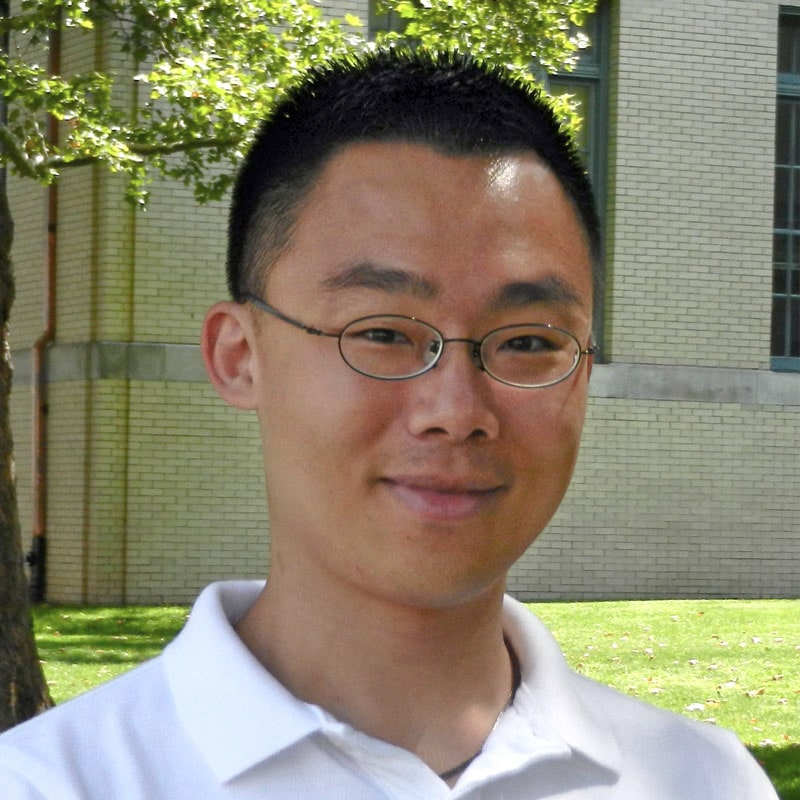 Ricky Law, associate professor of history, is teaching “Genocide and Weapons of Mass Destruction.” This course analyzes these topics over multiple eras, including when Europeans arrived in the Western Hemisphere, 19th century imperialism, the Holocaust and the use of atomic weapons on Japan and the threat of nuclear weapons during the Cold War.
Ricky Law, associate professor of history, is teaching “Genocide and Weapons of Mass Destruction.” This course analyzes these topics over multiple eras, including when Europeans arrived in the Western Hemisphere, 19th century imperialism, the Holocaust and the use of atomic weapons on Japan and the threat of nuclear weapons during the Cold War.
“Through historical examples, we explore how individuals' choice and action brought either progress or unintended consequences,” said Law. “We ask ourselves how we would have acted if we were placed in past situations that led to genocide or use of weapons of mass destruction.”
The class includes multiple perspectives from each of the conflicts so students can better understand how genocides can happen and weapons of mass destruction can be created.
“We discuss what makes a person good or bad, and how each and every one of us can be better,” said Law. “This, of course, is the purpose of a humanities education.”
84-365/84-665 The Politics of Fake News and Misinformation
TR 1:25–2:45 p.m.
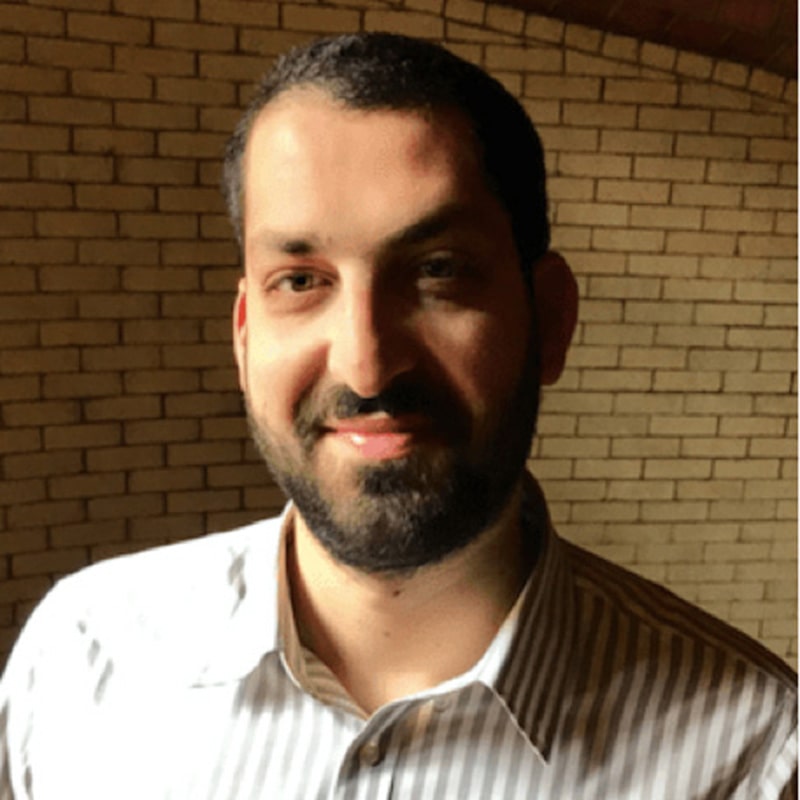 Daniel Silverman, assistant professor in the Institute for Politics and Strategy, is teaching “The Politics of Fake News and Misinformation,” which analyzes the drivers and dynamics of fake news and misinformation in social and political life.
Daniel Silverman, assistant professor in the Institute for Politics and Strategy, is teaching “The Politics of Fake News and Misinformation,” which analyzes the drivers and dynamics of fake news and misinformation in social and political life.
“Fake news and misinformation are one of the defining issues of our times,” said Silverman. “They plague so many areas of our social and political life around the world today, from our ability to maintain functioning democracies to our ability to resolve violent conflicts to our ability to fight the COVID-19 pandemic.”
Students in the course will engage with different aspects of research on this topic to make sense of the arguments, make connections between them and arrive at a holistic understanding of the threat and how to combat it.
The final assignment involves students writing an original paper on a fake news topic of their choice.
82-297 Russian and Soviet Science Fiction
M/W: 1:25–2:45 p.m.
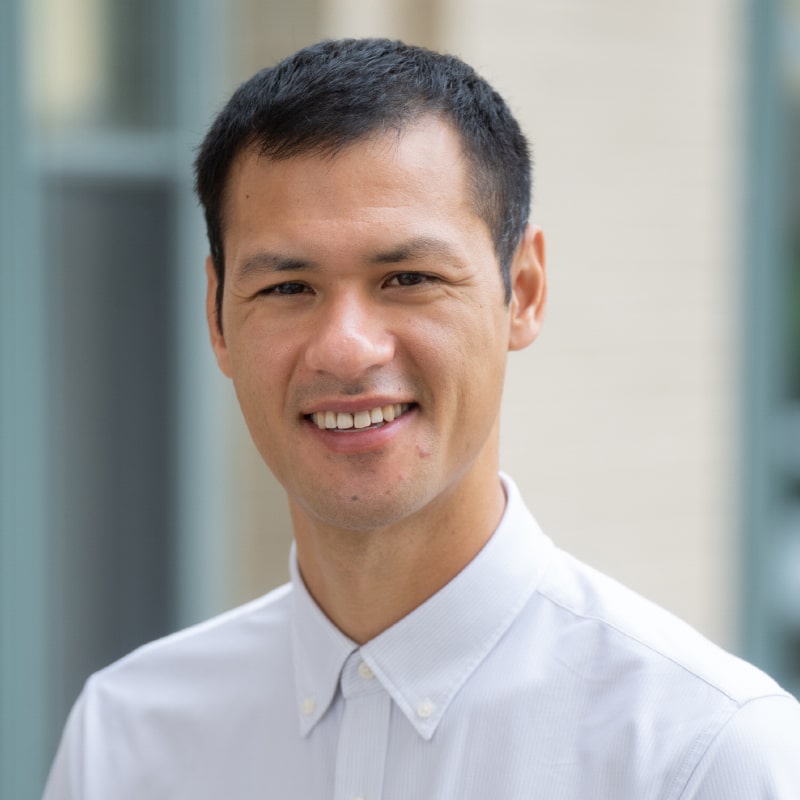 David Parker, assistant teaching professor of Russian Studies, will present “Russian and Soviet Science Fiction,” a course that explores the tradition of science fiction literature, film and art in the Russian, Soviet and post-Soviet world. The course covers media from video games like Metro 2033 to novels by Vladimir Sorokin. It will also explore the evolution of Russian sci-fi media from its origins under the Tsar to the present leadership of Vladimir Putin.
David Parker, assistant teaching professor of Russian Studies, will present “Russian and Soviet Science Fiction,” a course that explores the tradition of science fiction literature, film and art in the Russian, Soviet and post-Soviet world. The course covers media from video games like Metro 2033 to novels by Vladimir Sorokin. It will also explore the evolution of Russian sci-fi media from its origins under the Tsar to the present leadership of Vladimir Putin.
“One of the most exciting things about the course is to explore how universal concepts like ‘progress,’ ‘utopia,’ ‘technology’ and ‘the future’ take on divergent forms and valences when produced by different cultures,” said Parker. “Soviet ideology, which penetrated deep into everyday life, was very oriented towards a coming socialist future, so science fiction as a genre held a unique significance for the original readers and viewers of the material we'll analyze in the class.”
This course is taught exclusively in English, so no prior knowledge of Russian language and culture is required.
Research Training Program
Students can also gain real-world experience with Dietrich College faulty who are conducting on-going research projects in the English, History, Modern Languages, Philosophy and Psychology departments, as well as the Institute for Politics and Strategy. The research descriptions and course numbers (xx-198) are available on the college’s Research Training Program website.